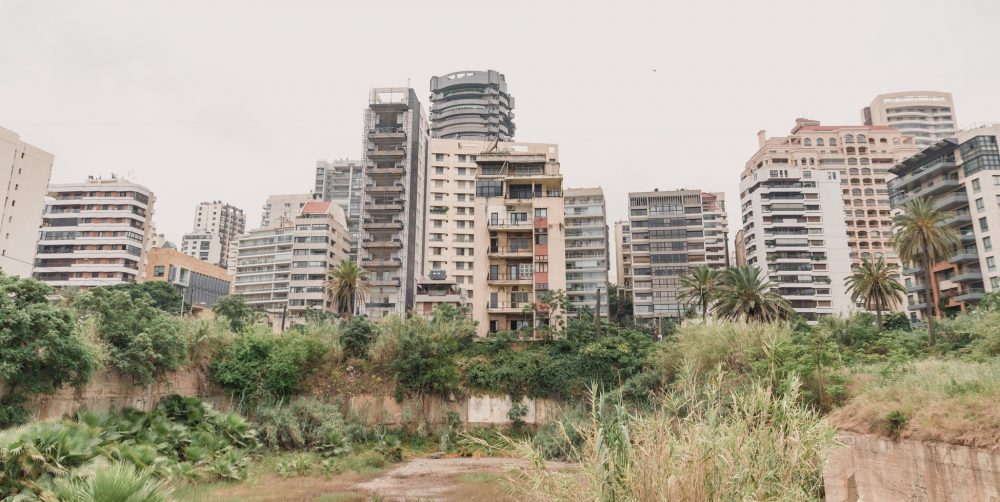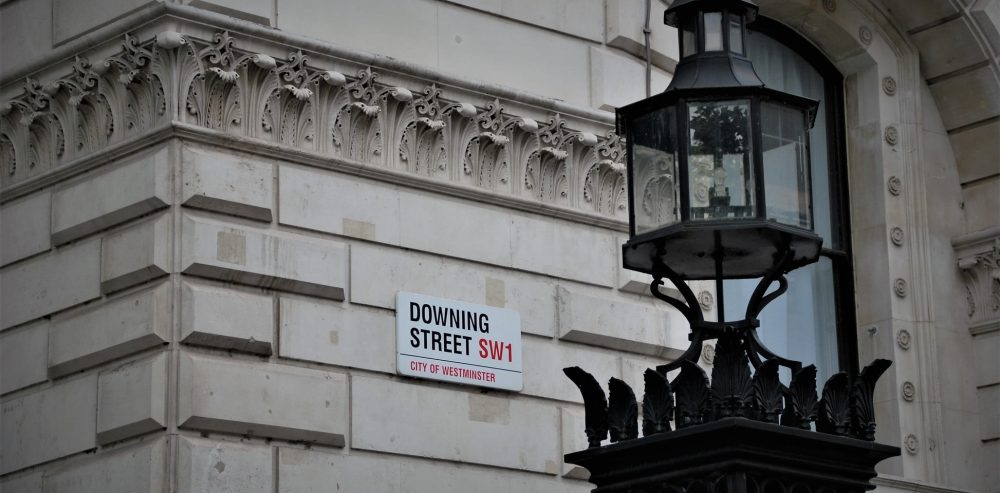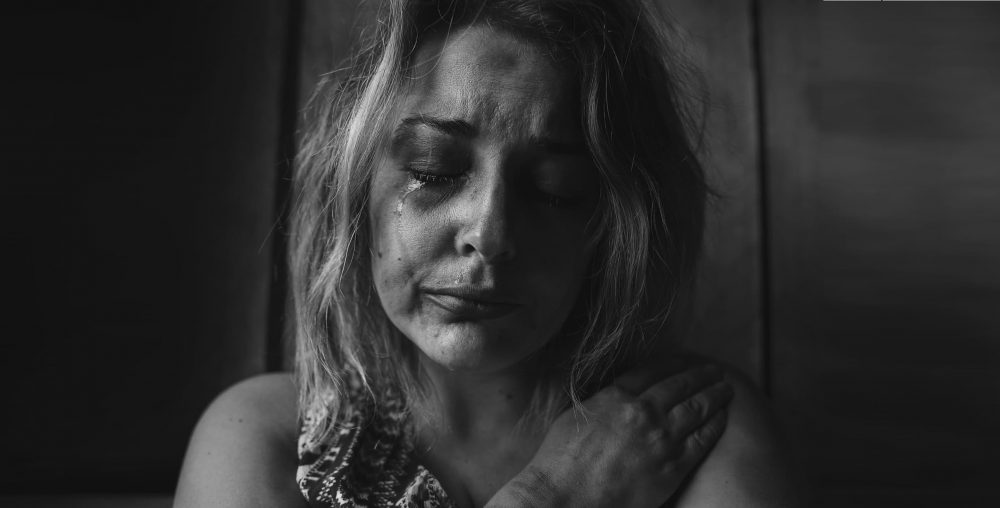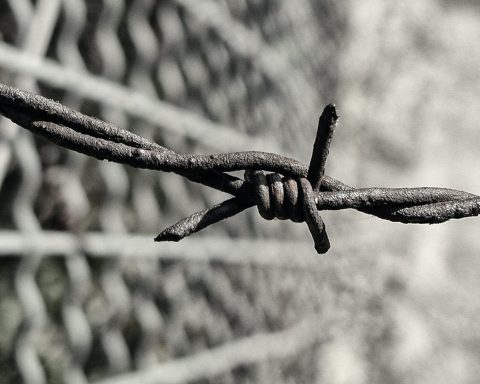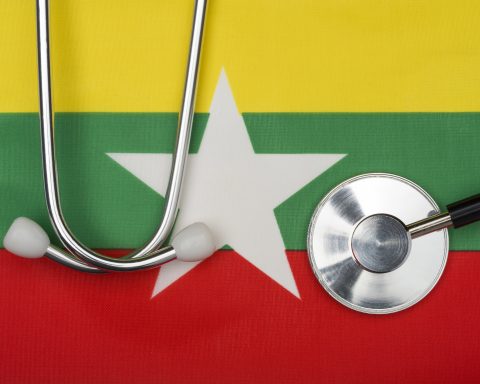
Basem Saab (right) is Professor and Program Director in the Department of Family Medicine, American University of Beirut Medical Center.
Governance is a word that has spread in the recent decade, as fast as COVID-19 in the last year.
Understanding the factors influencing the effecctiveness of governance and its favorable consequences has taken the attention of researchers. The philosophy of governance should be to practice with a high consideration for ethics, public interest, and a sense of social responsibility, to ensure the wellbeing of a wider group of stakeholders. The need for sound governance increases when managing others’ funds, to serve others rather than one’s own interest.
When corruption dominates government practices, and the self-interest of a small group is the focal point of the decision-making process, citizens’ fundamental rights will not be upheld. In this case the entire government resources will be dedicated to serving the interest of the main political parties. Worse comes when corruption is coupled with a pandemic viral illness; when citizens are hit by a high level of unpreparedness and governmental money allocated to health care is not available. Much worse, now that donations and funds must be mobilised swiftly in readiness for a harsh second wave of COVID-19, citizens are stuck yet again with an impotent system that failed to prepare public hospitals and abandoned private hospitals that should have increased the capacity to deliver care for COVID-19 critical patients. In this case, other channels to rescue a society controlled by a corrupted regime are non-governmental organizations and individual initiatives.
When ….. the self-interest of a small group is the focal point of the decision-making process … government resources will be dedicated to serving the interest of the main political parties.
Lebanon is now witnessing an unusual surge in morbidity and mortality from COVID-19. The government lifted the lockdown between Christmas and New Year’s eve. This resulted in a marked surge in COVID-19 cases. The 7 day average for cases and deaths on January 14, 2021 were 4,633 and 41, respectively. This compared to 2,695 and 98 on February 5, 2021. (Lebanon’s population is around 6.5 million). These days the hospitals that receive COVID-19 patients are saturated. Seeing tens of patients in the emergency departments’ corridors and even outside the hospitals is now a common scene. This essay analyzes the reasons that led to such a situation.
The government had ample time, from February 21, 2020, the date of reporting of the first case, to prepare the hospitals for such a pandemic. However, it failed to develop a national health contingency strategy to protect the health care system, reduce mortality and avoid extended lockdown periods. Lockdown is one of the most effective measures to contain COVID-19, yet it is hard to be maintained in a country facing financial distress where the citizens are not financially supported.1
Many hospitals, including tertiary ones, resisted accepting COVID-19 cases. Lebanon has more than 11,533 hospital beds (2.88/1,000 population), the majority of which are in private hospitals. On February 20, 2021, there were 2,206 COVID-19 patients on regular wards, and 935 in intensive care units, of which 309 were on respirators. Policymakers failed to have some hospitals increase intake, or accept COVID-19 patients. Under such conditions, the Ministry of Public Health should have played a more prominent role. In contrast, Spain nationalized all private hospitals to face the Coronavirus epidemic and to provide universal healthcare.2
Other reasons for slowing the provision of better care are political and sectarian disputes that do not consider the whole population’s interest. On November 11 2020 Lebanon received two field hospitals. Each can accommodate 500 beds. At the time of writing (February 20, 2021) the field hospitals are not functional, athough they are much needed. Erecting such hospitals on the site of main hospitals could have resulted in better human resources management. Moreover, policymakers also failed to distribute donated respirators to hospitals or procure them at a low cost. Lebanon succeeded in designing and manufacturing quality respirators at a third of the cost of imported brands. Again, corruption was a barrier to purchasing this much needed cost-effective equipment.
All through Lebanon’s history, private institutions, non-governmental organizations, and individual initiatives have played an important role, given the absence of the government’s active role. This scenario has been seen once more in the current pandemic. Recently, many communities are providing oximeters, oxygen therapy (machines included), necessary medications, and medical advice to support the home care of patients who do not require hospital admission. These initiatives may ease the load from the hospitals. Some private institutions are providing free PCR tests and training in areas of Lebanon that need it the most.3 These initiatives should decrease inequality in dealing with the COVID-19 spread. Non-governmental organizations are also providing food to people who live on a small daily income. Recently, Tripoli (Lebanon) residents, many of whom are daily workers, went on strike to protest against the lockdown, screaming poverty and hunger.
Corruption was a barrier to purchasing this much needed cost-effective equipment.
There are positive points that are worth highlighting. The death rate from COVID-19 in Lebanon is so far 1.2 %; this is lower than many developed countries. The excellent level of medical care in the country, the easy access to physicians through phone calls, and the proximity of residential areas to hospitals may explain this low death rate. However, if physicians continue to emmigrate because of the Lebanese pound’s devaluation, we might lose that advantage in future years.
Lebanon started its vaccination campaign against COVID-19 on February 14, 2021. Although the campaign is progressing well there was a delay in providing the vaccines. This resulted in the loss of hundreds of lives. The responsibility for that lies in the shortsightedness of the Ministry of Public Health and the Parliament. Vaccines cannot be bought whilst in debt. Again, we are relying on donations to get the different vaccines. The World Bank approved a re-allocation of US$34 million under the existing Lebanon Health Resilience Project to support vaccines for Lebanon.
Lebanon did very well during and after the first lockdown. The poor response to the COVID-19 pandemic later is partly due to poor governance. The people of Lebanon are paying a price for having negligent and sectarian rulers.
References
1. Johanna N, Citrawijaya H, Wangge G Mass screening vs lockdown vs combination of both to control COVID-19: A systematic review. J Public Health Res. 2020 December 18th;9(4):2011. doi: 10.4081/jphr.2020.2011.
2. Adam Payne. Spain has nationalized all of its private hospitals as the country goes into coronavirus lockdown. Business Insider’s. March 16th, 2020, 4:45 PM.
3. https://news.lau.edu.lb/2020/laus-mobile-clinic-delivers-free-tests-and-training.php. Retrieved on Feb 12, 2021
4. https://www.worldbank.org/en/news/press-release/2021/01/21/world-bank-supports-first-covid-19-vaccine-rollout-in-lebanon. Retrieved on Feb 12, 2021
Featured photo by Marten Bjork on Unsplash

